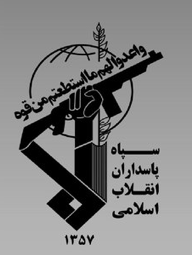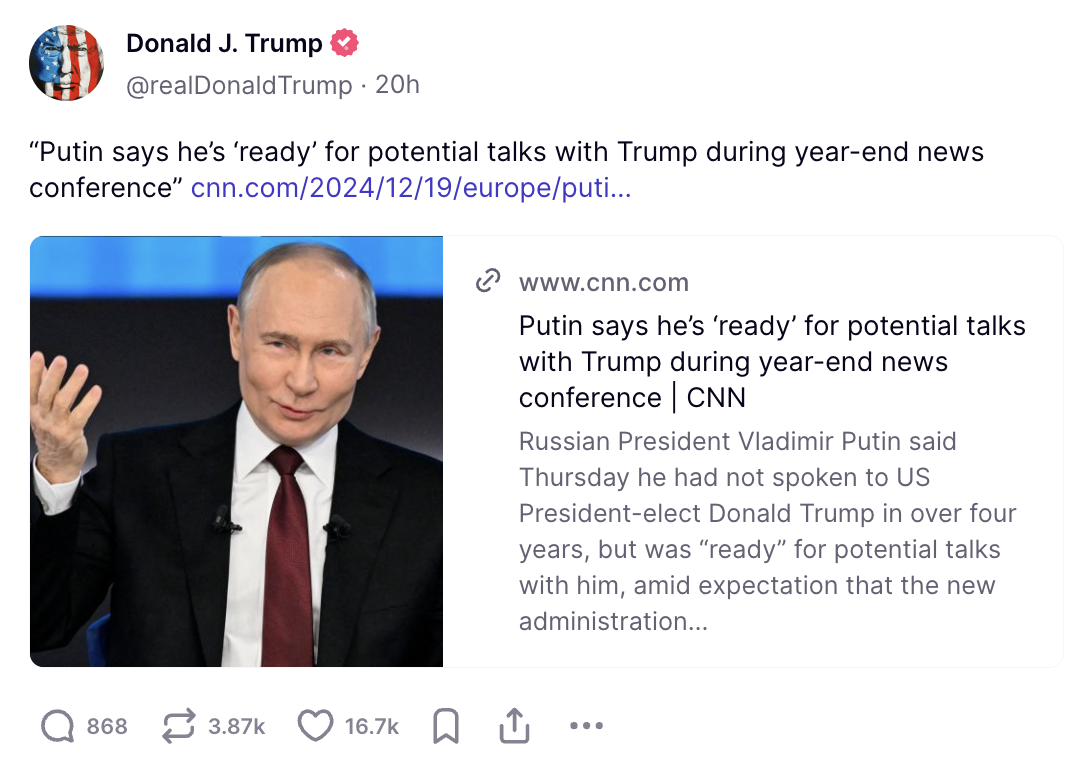
Please Follow us on Gab, Parler, Minds, Telegram
Last month, former US Secretary of State Mike Pompeo once again reminded the world a strong nexus exists between Iran and al-Qaeda calling Iran the new “home base” for the terrorist organization. This association was immediately re-buffed by Iranian leadership but, more importantly, largely ignored by most mainstream media and the new regime in Washington, DC, which has already announced its eagerness to end America’s break from JCPOA and seek rapprochement with the Iranian regime. The former Secretary’s stark warning comes at a time when America is deeply divided and deeply troubled over the on-going pandemic and its economic consequences, as well as a highly contested presidential election. However disturbing our internal issues may be, we must not forget our external enemies have not re-trenched and seek to take advantage of our perceived weakness.
For understandable reasons, many operate under the premise that cooperation between Iran and al-Qaeda is not viable given the historical Shi'a Sunni divide which, from a theological perspective, pits Iran and al-Qaeda against each other. While both the theocratic regime and the terrorist organization are fundamentally driven by religious ideology, both are cunning and pragmatic enough to set aside those considerations when it comes to defeating their most hated enemies, the United States, Israel and Saudi Arabia. While Iran and al-Qaeda fight on opposing sides in Syria over Bashar al-Assad, with Iran propping up his regime and al-Qaeda seeking the destruction of his Baathist party, and while Iranian proxies wage war on al-Qaeda and its offshoots in Iraq, this does not mean the Iranian regime does not see a larger strategic advantage in providing a cover for al-Qaeda in its quest to destroy their common enemies. From al-Qaeda's perspective, what better place to conduct operations than Iran, a place where the US cannot attack them with impunity.
In military terms, the relationship between Iran and al-Qaeda can be defined as a relationship of “tactical cooperation.” Tactical cooperation is the perception of common interests and the identification of a common enemy. This neatly defines the level of cooperation between Iran and al-Qaeda today, a cooperation, which should be considered extremely dangerous and threatening to both our security at home and the security of our assets around the world. It must be remembered that when al-Qaeda launched its 9/11 operation against the US from Afghanistan, our attack against al-Qaeda and the Taliban, who harbored them, was swift and deliberate; Afghanistan lacked capacity to deter us. It would have been a very different scenario, with very different global repercussions, if Iran, particularly a nuclear Iran, not Afghanistan, was in our crosshairs.
When former Secretary Pompeo first issued his stark warning in January, he also acknowledged the death of senior al-Qaeda leader, Abu Mohammed al-Masri, in Iran in August. Al-Masri was a founding member of al-Qaeda and thought to be next in line after current leader, Ayman al-Zawahiri. He, along with senior al-Qaeda leaders, sought refuge in Iran post 9/11. Al-Masri was long on the FBI’s Most Wanted List and had been indicted in the US for crimes related to the 1998 bombings of the US embassies in Kenya and Tanzania. According to a NY Times article earlier this year, al-Masri was shot down by Israeli agents in Tehran in August. At the time of the killing, Iranian media announced the death of a certain “Habib Daoud in an attempt to cover up the real identity of the target. In time, intelligence circles determined there was no real “Habib Daoud;" rather, this was an alias Iranian officials provided to al-Masri, along with a teaching job, to serve as a cover for his real identity. Former Secretary Pompeo is certainly correct in his statement that “Ayman al-Zawahiri’s deputies are there (Iran) today….they’re living a normal al-Qaeda life.”
To fully understand what is happening with Iran and al-Qaeda today, we must understand the depth of their historical relationship, a relationship that took root in the 1990s.
In 1991, Ayman al-Zawahiri, al-Qaeda’s current leader, who was a vocal supporter of the 1979 Islamic Revolution, visited Iran seeking support for his organization, Egyptian Islamic Jihad (EIJ), and for the assassination of Hosni Mubarak. The Iranians agreed and began supporting EIJ with training, in Iran, Lebanon and the Sudan, as well as providing financial support. Shortly thereafter, given al-Zawahiri’s good relationship with the Iranians, the conversations started to include Osama bin Laden and his new terrorist group, al-Qaeda; this resulted in an informal agreement between al-Qaeda and Iran to cooperate in providing support for actions carried out against the United States and Israel.*
Since the early 1990s, at varying levels at various times, there has been a continual relationship between Iran and al-Qaeda. This relationship brings to mind the ancient proverb on statecraft, "the enemy of my enemy is my friend." There is no clearer example of this than the al-Qaeda Iran nexus, which, for political reasons, has been denied or grossly understated by various officials in Washington throughout the years.
During the 1990s, Iran facilitated al-Qaeda's terror campaign by providing various types of support enabling operatives to launch attacks against the US, as well as Saudi Arabia and Israel; the most notable attacks against US interests include the 1998 US embassy bombings in Kenya and Tanzania, as well as the 2000 bombing of the USS Cole. Iranian support ranged from logistical backing to specialized training in building improvised explosive devices to operational training for suicide missions to financial support by acting as a transit point for funneling money. Indeed, Osama bin Laden, himself, declared Iran as al-Qaeda's "main artery for funds, personnel and communication." This declaration from the terror master himself was found in a trove of 470,000 documents released by the CIA in 2017 pointing to close ties between Iran and al-Qaeda - not released by the Obama administration.
The 9/11 Commission Report states that in the months leading up to 2001, no less than eight to ten of the 9/11 hijackers transited through Iran to Afghanistan. This should have been no surprise as in 1998, the US Attorney's office for the Southern District of New York unsealed an indictment of bin Laden that included the charge, "al-Qaeda allied itself with the Sudan, Iran and Hizbollah." When many al-Qaeda members fled Afghanistan post 9/11, several took refuge in Iran, including senior commanders Abu Musab al-Zarqawi, later founder of ISIS, and Abu al-Walid al-Masri and over 20 family members of bin Laden. Operatives sheltered in Zahedan, Shiraz, Mashhad, Tehran and Karaj; today, Zahadan is a hub for al-Qaeda to shuttle operatives through the country. At times, the Iranian regime held these terrorists under-house arrest, at times they were permitted freedom of movement. At all times, operatives were permitted to plot against their common enemies so long as they informed authorities of their plans, did not conduct any operations within Iranian territory or recruit operatives within Iran; that agreement was the basis of the collaboration.
Since 2001, the nexus has not wavered. In 2011, the US Treasury Dept. stated Iran had entered into an agreement with al-Qaeda operatives to use Iran as a transit point for funneling money from the Gulf to Pakistan and Afghanistan; they highlighted Yasin al-Suri, an Iran based al-Qaeda operative, as the key point man in this collaboration. The State Department put a $10mn reward on al-Suri's head. and, in 2012, Treasury designated Iran's chief intelligence agency, MOIS, as a supporter of al-Qaeda.
So where are we today? Mounting evidence suggests Iran and al-Qaeda are collaborating in the Yemeni civil war; intelligence suggests the anti-government Houthi militia, armed by Iran, is coordinating their operations with al-Qaeda and ISIS, to further destabilize the nation. What is the rationale? To weaken their mutual enemy, Saudi Arabia, and to turn Yemen into an ungovernable country where al-Qaeda and its off-shoots can take root. Despite intelligence reports, most media outlets continue to characterize Yemen as a Sunni versus Shi'a battleground; both sides enable that perception, covering a deeper alliance.
The Iranian al-Qaeda partnership is documented in thousands of pages of evidence from the 9/11 Commission Report to the de-classified primary source documents retrieved from bin Laden's villa in Pakistan. Yet, the relationship is still questioned and often ignored by the mainstream media and key figures in Washington; we ignore this nexus at our own peril. The Iranian regime is a transnational criminal organization, cloaked as a legitimate government, supporting a terrorist organization. Before departing office, former Secretary Pompeo offered a $7million reward for information leading to the capture or killing of Abd al-Rahman al-Maghrebi, the senior advisor to al-Qaeda commander, al-Zawahiri, and commander of al-Qaeda's operations in Tehran. This is a clear signal of Iran's complicit partnership with al-Qaeda and clear evidence of a dangerous relationship which can no longer be ignored. America's security can only be defended if Washington recognizes this growing menace and moves against it before it is too late; time is not our side.
*EIJ and al-Queda merged in 1998.


























Ridiculous!
Iran is the only genuine enemy of "Al Qaida" and that's one of the reasons Iran is so unpopular with Israel and US.
Eh ya had me for a few articles and then pfffttt
We all know Syria, Iran and Commie Korea must be taken down so centralized bankers can slither in and round up a new regime that locksteps to the Rothschilds/ Rockerfellers beat .....eh paid opposition you are my lost friend....Paid opposition
democrats are the enemy, our domestic enemy who built a wall at our capital because they are afraid, very afraid of Americans